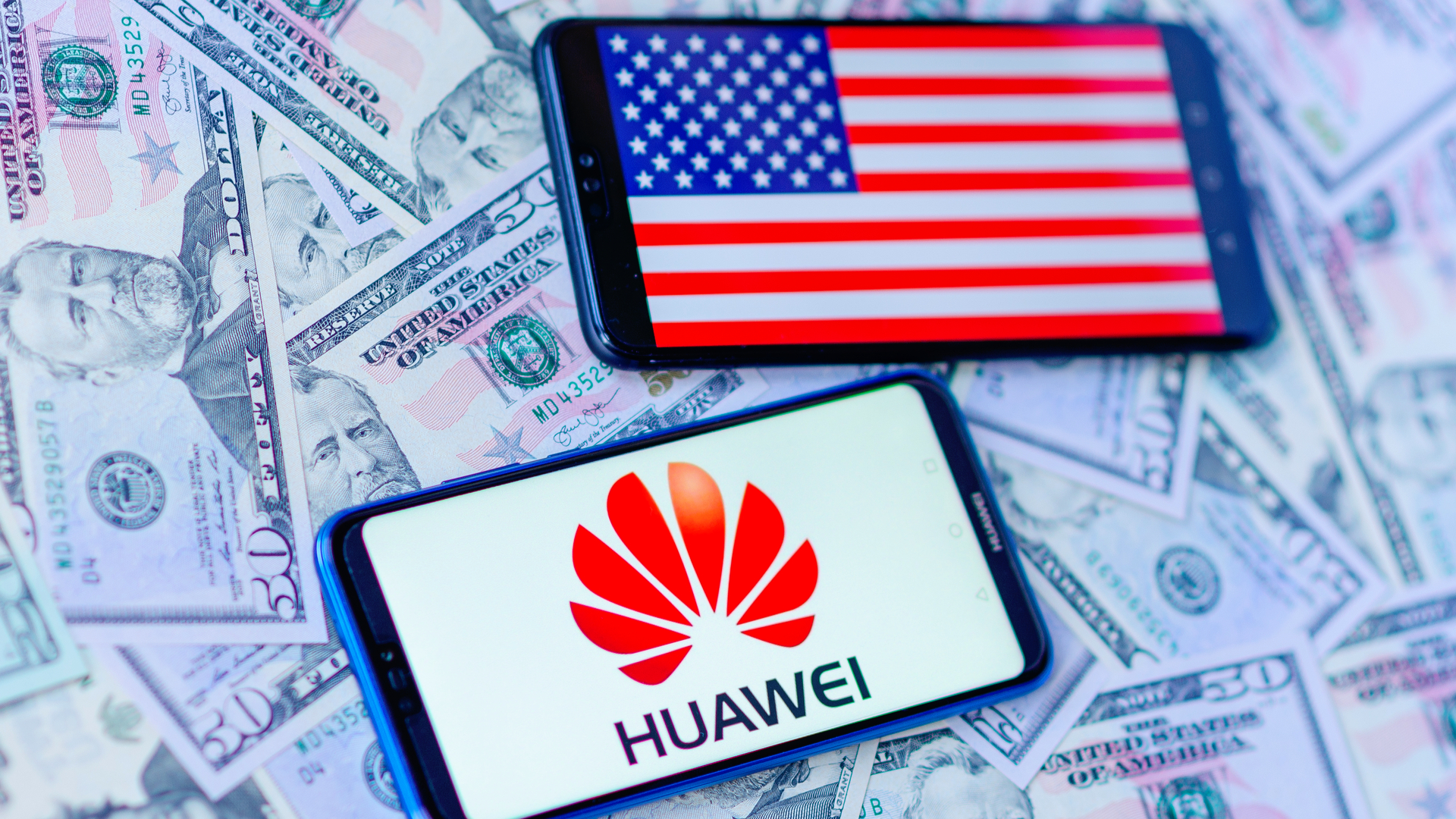US may reopen trade with Huawei 'within weeks'
Both Huawei and US firms have felt economic strain since enactment of Commerce Department's blacklist


The US is reportedly planning to completely re-open trade between American companies and Huawei in as little as two weeks after the ban roused pressure from both US-based tech firms and China.
President Trump's addition of Huawei to a Commerce Department trade blacklist in May, citing the company as an "unacceptable risk" to national security, sparked extensive questioning of the Chinese tech giant, the true security risk its telecoms equipment presents, and its future role in the development of 5G outside of China.
The restrictions began to ease after Trump met with the Chinese president Xi Jinping in late June, after which US firms were granted permission to sell some parts to Huawei provided there was no risk to national security, according to Commerce Secretary Wilbur Ross.
Since the meeting between the two presidents, licenses have been granted to US firms at an unusual pace which, coupled with Trump's reversal, suggests a total backtrack on the trade ban could be a reality within two-to-four weeks, according to a US official speaking to Reuters.
Two anonymous US chipmakers told Reuters they would begin applying for more licenses in the coming days following Ross' comments.
"The Entity list restrictions should be removed altogether, rather than have temporary licenses applied for US vendors," said a Huawei spokesperson to Reuters. "Huawei has been found guilty of no relevant wrongdoing and represents no cybersecurity risk to any country so the restrictions are unmerited."
Presently, US firms may continue trade with Huawei to support the maintenance of existing networks or for the purpose of providing software updates to Huawei devices, but are still forbidden from making new sales of American-made products or services.
Sign up today and you will receive a free copy of our Future Focus 2025 report - the leading guidance on AI, cybersecurity and other IT challenges as per 700+ senior executives
The blacklisting of Huawei hasn't just impacted US firms and the embattled Chinese tech giant, the ban has affected the global supply chain significantly. One Cardiff-based chipmaker reported a projected revenue loss between 15-35 million and attributed it directly to the US ban of trade with Huawei.
The bigger chipmakers of the world have also lobbied the US Commerce Department in recent weeks based on the potential ramifications the ban would have on their sales.
Intel and Qualcomm lobbied for potential changes or partial lifts to the ban back in May, shortly after the ban was enacted.
Huawei's CEO and founder Ren Zhengfei said at the time his company had lowered its revenue forecast by $25 billion over the course of two years, drawing comparisons between his company and a badly damaged, but still flying, aeroplane.
The economic pressure placed on the company has seemingly led to another development in the story. Futurewei Technologies, Huawei's US-based R&D arm will reportedly make hundreds of employees redundant as it continues to wrestle with its finances amid the trade war.
Sources speaking to The Wall Street Journal said some of the affected Chinese employees will be offered the chance to relocate to China. Some employees have already notified of their redundancy with more expected in the coming weeks.

Connor Jones has been at the forefront of global cyber security news coverage for the past few years, breaking developments on major stories such as LockBit’s ransomware attack on Royal Mail International, and many others. He has also made sporadic appearances on the ITPro Podcast discussing topics from home desk setups all the way to hacking systems using prosthetic limbs. He has a master’s degree in Magazine Journalism from the University of Sheffield, and has previously written for the likes of Red Bull Esports and UNILAD tech during his career that started in 2015.
-
 The UK government is teaming up with Google Cloud to kill public sector legacy tech
The UK government is teaming up with Google Cloud to kill public sector legacy techNews Tech firms have been invited to work with the government to transform public services
-
 26 million CVs were exposed when a recruiting software firm left a misconfigured Azure container open
26 million CVs were exposed when a recruiting software firm left a misconfigured Azure container openNews TalentHook left a misconfigured Azure Blob storage container open, researchers said, leaving jobseekers open to phishing attempts